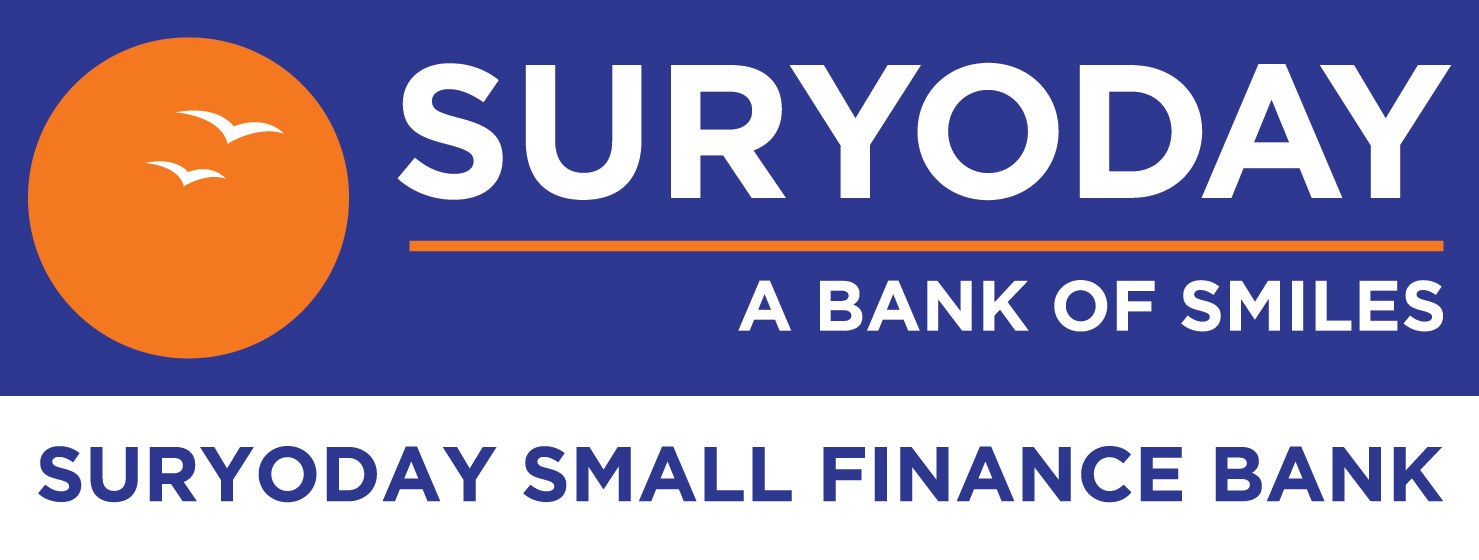MSMEs prefer UPI at 43% and Aadhaar Banking at 38% for last-mile banking services
PayNearby releases its second edition of ‘MSME Digital Index’ – a detailed analysis of tech awareness among MSMEs in Bharat
- 65% of MSMEs use digital technology for daily business operations
- 75% of those who use digital technology are in the age group 18-30 years
- 66% prefer mobile hotspots for daily operations, with 26% using Wi-Fi routers, 5% ethernet cables, and 3% dongles
- YouTube is preferred by 41% for social media and 72% for entertainment.
- 29% of MSMEs use accounting software, and 17% utilise POS software as their top applications for managing their businesses
The MSME sector in India is experiencing significant growth, with a notable shift in small business owners’ perspectives towards adopting technology in recent years. PayNearby, India’s leading branchless banking and digital network, revealed today that over 65% of Micro, Small, and Medium Enterprises (MSMEs) utilise some form of digital technology for their daily operations. The report also emphasised that 68% of MSMEs acknowledged the growth and beneficial impact of adopting digital technology on both their businesses and personal lives.
The insight was shared as part of a detailed survey titled ‘MSME Digital Index 2024,’ a Pan-India report showcasing technology consumption by MSMEs at the last mile, released by PayNearby today. In its second edition, the report was prepared based on a nationwide survey conducted by the company among 10,000+ MSMEs in the retail space (kirana stores, mobile recharge stores, medical stores, customer service point (CSPs), travel agents, among others), recording their awareness of and patterns in tech consumption in their professional and personal lives.
According to the survey, 75% of small business owners aged 18-30 were the most digitally adept, with over 87% in this age group using smartphones for daily business operations and accessing digital content. They were closely followed by the age group of 31-40 years. Notably, 36% of them cited that their monthly income is more than ₹15,000. The widespread adoption of smartphones highlights the internet’s crucial role in bridging infrastructure gaps and promoting tech inclusion among MSMEs at the grassroots level.
Smartphones emerged as the most popular digital device, preferred by 70% of users. Among the respondents, 68% reported using smartphones for business activities, consuming between 2GB to 5GB of internet daily. Over 51% of these businesses spend less than ₹500 per month on internet usage. The Digital India mission and BharatNet initiative have accelerated internet penetration in rural areas, making it affordable and bridging the digital divide. For internet access at work, approximately 66% used mobile hotspots, followed by Wi-Fi routers at 26%. Ethernet cables and dongles were used by only 5% and 3%, respectively. At home, 75% relied on mobile internet for connectivity.
The use of digital devices was primarily for work purposes, with 36% spending 4-6 hours on their phones. However, when it came to leisure activities such as social media or online entertainment, the report noted that 66% spent less than 3 hours. Among apps, YouTube emerged as the most preferred for both social media (41%) and entertainment (72%). Interestingly, 58% of respondents stated that they did not have any gaming apps installed on their phones.
The report stated that among all tech-savvy MSMEs, a majority of 29% used accounting software, followed by POS software and Customer Relationship Management (CRM) software at 17% and 14%, respectively, to manage their business operations. Meanwhile, 6% indicated they do not use any software and instead rely on manual methods. When asked about the purpose of using digital devices in business operations, 41% used them to streamline financial transactions and efficiently track business expenses, while 18% stated that technology was used to accelerate processes. This highlights the necessity of fostering a thriving tech ecosystem to empower MSMEs and drive their growth for a stronger Bharat.
In the financial services category, UPI at 43% and Aadhaar banking at 38% were the two most popular banking services used by MSMEs at the last mile. Additionally, WhatsApp and WhatsApp Business were collectively the most widely used messaging apps, with a usage rate of 97%.
When asked about the positive impact of technology on their businesses, 31% indicated that it has enhanced business growth by improving operational efficiency, while 27% reported increased sales and income due to technology adoption. As for the main challenges in using technology for business operations, 36% cited resistance to adopting new technology, and 18% struggled with the high costs associated with its implementation. Interestingly, 52% favoured English as their preferred language for understanding technology and conducting business transactions, followed by Hindi at 21%.
Commenting on the report findings, Anand Kumar Bajaj, Founder, MD & CEO, PayNearby, emphasised, “The MSME sector is pivotal to our economy, and their adoption of digital technologies is crucial for India’s growth. The MSME Digital Index 2024 showcases significant progress in technology adoption while highlighting persistent challenges. We believe that MSMEs should be supported in their digital transformation journey and ensure that technology’s benefits reach every corner. By leveraging artificial intelligence (AI), augmented reality (AR) and machine learning (ML), MSMEs in rural India can thrive in a digital-first economy. We must foster an inclusive ecosystem that enhances skills and removes barriers, enabling all businesses to embrace digitalisation. Together, we must envision a future of limitless opportunities, driving economic growth and social upliftment in the real Bharat.”
Commenting on the MSME Digital Index, Jayatri Dasgupta, CMO, PayNearby, said, “This comprehensive report underscores the importance of digital literacy and infrastructure in empowering MSMEs. Our findings show a promising trend of increasing tech adoption, but also point out the areas that require more focus and investment. There is a need to innovate and provide solutions that bridge the digital divide and drive progressive growth.”
“Focusing on women respondents, who represent 32% of the survey, the data highlights the pivotal role technology plays in fostering women’s empowerment and financial independence. Among the female respondents, 85% own smartphones, enabling their engagement in digital transactions. The growing usage of digital payments, at 40% among women entrepreneurs, underscores their confidence in leveraging technology for business growth. PayNearby’s Digital Naari initiative aims to further empower women by enhancing their digital literacy and providing them with the tools needed to achieve financial independence, ultimately contributing to a more inclusive and prosperous Bharat,” she further added.

















